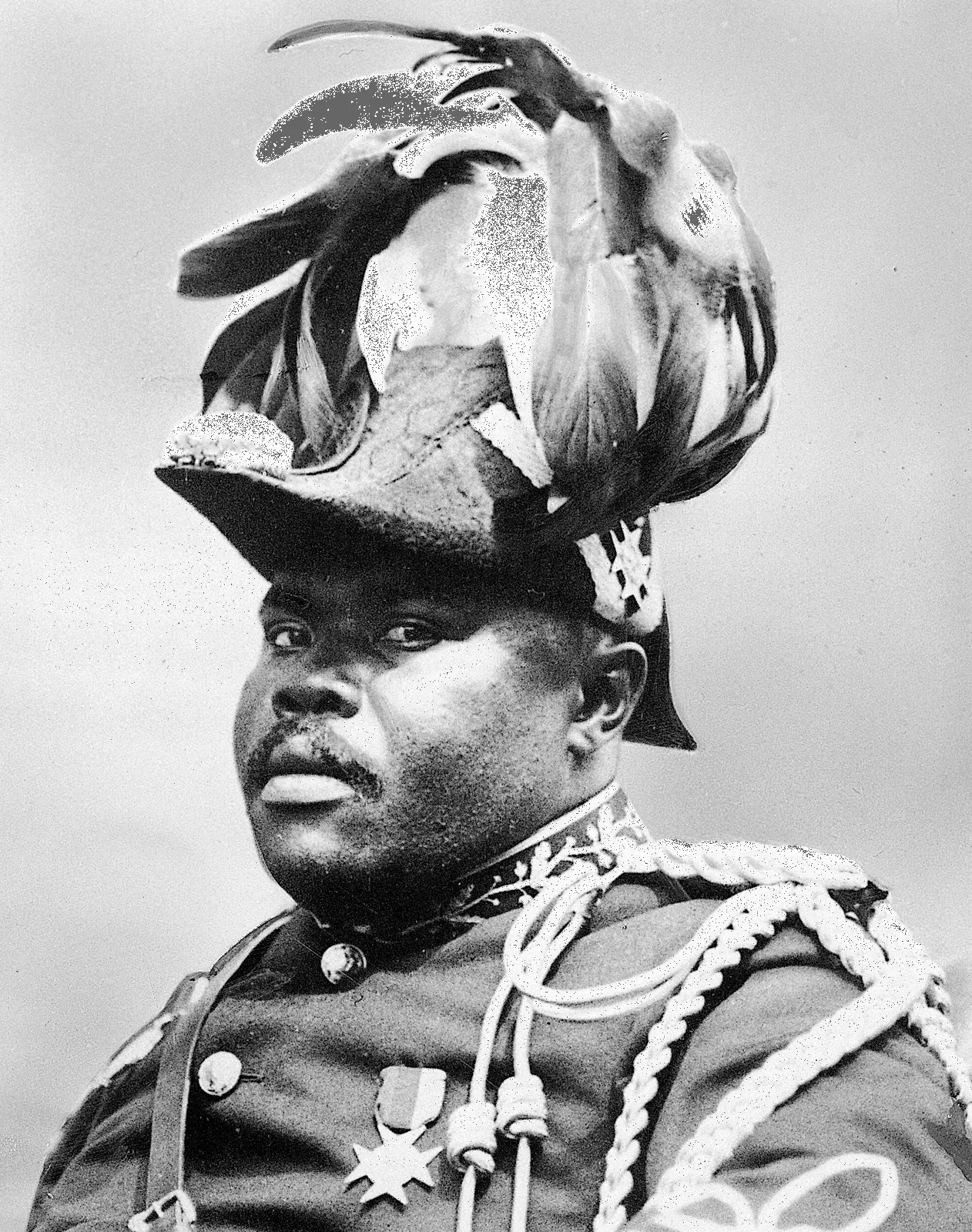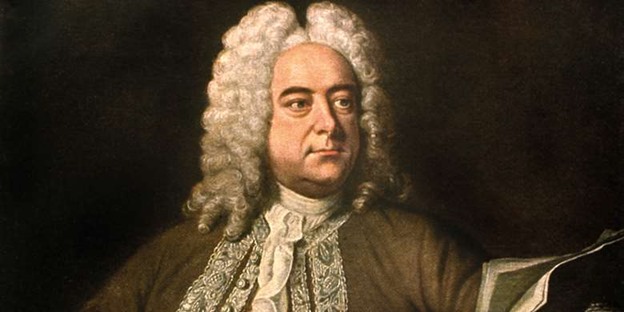
Dr. W.E.B. Du Bois was a leading, influential African American intellectual. He fought for the rights of his people. He was a contemporary of Marcus Garvey and he was well aware of the latter’s political and social activism conducted on behalf of Black people. In his book, The World And Africa — An Inquiry Into The Part Which Africa Has Played In World History, Dr. Du Bois wrote:
“Then, too, there came simultaneously another movement, stemming from the West Indies. This was a people’s movement rather than a movement of intellectuals. It was led by Marcus Garvey, and it represented a poorly conceived but intensely earnest determination to unite the Negroes of the world, especially in commercial enterprise. It used all of the nationalist and racial paraphernalia of popular agitation, and its strength lay in its backing by the masses of West Indians and by increasing numbers of American Negroes. Its weakness lay in its poor finance, intemperate propaganda, and the natural apprehension it aroused among the colonial powers.”
That having been said, this writer now asks if Marcus Garvey was, indeed, a demagogue? Was he a weak leader with a careless tongue, one who possessed no financial or organizational acumen? Again, although Dr. Du Bois did not say it, but was Garvey a dandy, one who dressed in military uniform with gaudy epaulettes, an outlandishly plumed headdress, medals on his breast, and was chauffeured around the streets of Harlem, New York, in an open automobile, the ring master of uniformed parades of Black people marching in military precision? Was that Ole Marcus? Was that all? Was that his legacy? The professor was not Garvey’s only critic as there were others who saw him as a controversial figure.
Some in the African diasporic community regarded him as a pretentious demagogue. (We will examine this term later). Some were highly critical of what they saw as his collaboration with white supremacists, like the Ku Klux Klan. Was such a “collaboration” due to his racial separation views, given the fact of such intractable practices as the lynching of Blacks and the malicious destruction of their property and of their livelihoods by whites? Why should folks live among those who pose an existential threat to them daily? If that were the case, then any well-thinking person could understand, and even forgive any miss-steps that Marcus Garvey had made in the process of trying to get certain things done for his people.
Others were concerned about what they deemed as his “violent rhetoric”. But was the power of his oratory due to the irritating thorns of white domination which created septic wounds of soul and a false sense of racial inferiority harboured within the hearts of Black people all over the world? Did it arise out of a burning impatience on behalf of his race to see them move from the back to the front of the line of progress? Were the long-denied spoils of freedom nothing to get aggressive about? Was what some saw as his prejudice against mixed-race individuals perhaps due to what he had determined as the fruits of a long colonial history of exploitation, and of a concomitant false sense of racial and class superiority inbred in such “high colour” spawns, the products of a forced cultural debauchery, for those of their own brethren with skins of darker hues?
Was Ole Marcus’ alleged antipathy for the Jewish community due to any genuine suspicion that he entertained towards them, thinking that they had opposed his sincere, valiant, grand and noble efforts at attempting to raise the esteem of Black people out of the dust of shame and to free them from the fatigue of despair that they had endured for centuries? When he declared himself royalty from the continent of Africa — a leader of men — was he insane or one comparable to biblical prophets of old who used their own lives, bedecked with various forms of symbolism, as eloquent and cogent proverbs of warning and of hope for their people?
The following words by President Theodore Roosevelt ought to be considered against the backdrop of Dr. Du Bois’ criticism of Ole Marcus. This should be done considering that the latter did appear to fail in grand, mind blowing ventures; and also his having been arrested, tried and imprisoned in the U.S. for mail order fraud, under questionable circumstances, before he was released and deported, eventually dying in relative obscurity in the United Kingdom:
“It is not the critic who counts; not the man who points out how the strong man stumbles, or where the doer of deeds could have done them better. The credit belongs to the man who is actually in the arena, whose face is marred by dust and sweat and blood; who strives valiantly; who errs, who comes short again and again, because there is no effort without error and shortcoming; but who does actually strive to do the deeds; who knows great enthusiasms, the great devotions; who spends himself in a worthy cause; who at the best knows in the end the triumph of high achievement, and who at the worst, if he fails, at least fails while daring greatly, so that his place shall never be with those cold and timid souls who neither know victory nor defeat.”
None of those comprise the portrait of a perfect human being, one who always gets everything right. Ole Marcus’ manners might even have bordered on the obnoxious or the boorish. If so, what of it? But seeing as there are no established finishing schools or institutions of higher learning for heroes, it would be an achievement for such a one as that, or for any caring soul with a vision for the betterment of others to even get one, single, solitary thing right. But, despite the apparent complexity of the man, his memory is revered across the world and he is, for some reason, even more popular than the esteemed Dr. Du Bois himself.
Marcus Mosiah Garvey, Sr. ONH, (August 17, 1887 — June 10, 1940) was a Jamaican political activist, publisher, journalist, entrepreneur, and orator. He was the founder and first President-General of the Universal Negro Improvement Association and African Communities League (UNIA-ACL, commonly known as UNIA), through which he declared himself Provisional President of Africa. Ideologically a Black Nationalist and Pan-Africanist, his ideas came to be known as Garveyism. His ideas inspired Black nationalists of the 1960s like Malcolm X and countless others, including Nelson Mandela, who was the first democratically elected President of The Republic of South Africa.
Kwame Nkrumah, the first president of Ghana, wrote in his autobiography that of all the works of literature that he had studied, the book that inspired him more than any other was The Philosophy and Opinions of Marcus Garvey. Nkrumah went on to name Ghana’s national shipping line the Black Star Line, and there is a Black Star Square in Accra. The Ghanaian flag also contains a black star. Ghana’s national football team is also nicknamed the Black Stars.
A street in the Namibian capital of Windhoek was named after Garvey. The Vietnamese Communist revolutionary Ho Chi Minh said that Garvey and Korean nationalists shaped his political outlook during his stay in America. A statue of Garvey stands along the Harris Promenade in San Fernando, Trinidad and Tobago. The Brownsville neighbourhood in Brooklyn, New York City, is home to Marcus Garvey Village, which had its construction completed in 1976.
Marcus Garvey Park, located in Manhattan, New York, is one that “nurtures its entire community” and “provides pastimes for children, teens, adults, and the elderly.” His bust stands in the Hall of Heroes of the Organization of American States in Washington, D.C.
In an article published in the Daily Gleaner newspaper in Jamaica on March 20, 2021 plans were announced for a bronze bust of Garvey to be installed at the African Union headquarters in Addis Ababa, Ethiopia, by August 17th of that year to mark the 134th birthday of Jamaica’s first National Hero.
Did Ole Marcus stand on Mount Pisgah and see the Promised Land, only allowed by his Creator to point the way for others to enter but not being allowed to go in himself? Did he have a blueprint for uniting his people, but was not ordained to execute the construction of such a reality? Because he was limited to being, mostly, a conceptualizer, did that, therefore, make him, ultimately, a failure? Did all his organizational and business ventures reveal nothing positive about the man, flawed as they were? Was he a demagogue? The word, according to one dictionary, is defined as follows: “A political leader who seeks support by appealing to the desires and prejudices of ordinary people rather than by using rational argument.”
If Dr. Du Bois’ critique of Ole Marcus has merit, then what say we of the response to what he articulated back then by many reasonable and rational people today? Was he a ridiculous clown or a raving mad man? If that be the case then does that make his devotees and his admirers around the world fit for the insane asylum? And what of the land of his birth that enshrined his memory in the great pantheon of its heroes? It was the Greek philosopher, Aristotle, who penned the following words comprising a thought that is worth pondering as we deliberate on the legacy of Ole Marcus:
“No great mind has ever existed without a touch of madness.”



